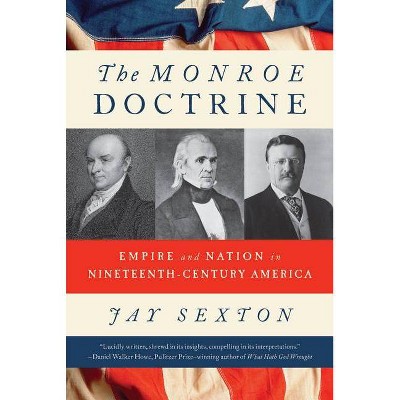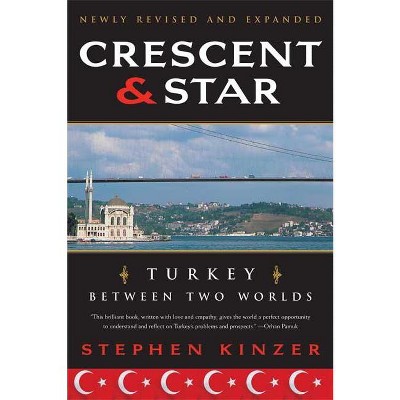About this item
Highlights
- When President Monroe issued his 1823 doctrine on U.S. policy in the Western Hemisphere, it quickly became as sacred to Americans as the Declaration of Independence and the Constitution.
- About the Author: Gaddis Smith is Larned Professor of History at Yale University, where he has taught the history of American diplomacy and foreign policy since 1961.
- 280 Pages
- Political Science, International Relations
Description
Book Synopsis
When President Monroe issued his 1823 doctrine on U.S. policy in the Western Hemisphere, it quickly became as sacred to Americans as the Declaration of Independence and the Constitution. But in the years after World War II - notably in Guatemala in 1954, in Brazil in 1963, in Chile in 1973, and in El Salvador in the 1980s - our government's policy of supporting repressive regimes in Central and South America hastened the death of the very doctrine that had been invoked to protect us in the Cold War, by associating its application with torture squads, murder, and the denial of the very democratic ideals the Monroe Doctrine was intended to protect. Gaddis Smith's measured but devastating account is essential reading for all those who care how the United States behaves in the world arena.
"This epilogue to well-known history of Monroe Doctrine is a provocative interpretation of how US presidents resolved policy contradiction of accepting Soviet presence in the Caribbean while reaffirming tenets of Monroe Doctrine"--Handbook of Latin American Studies, v. 57.From the Back Cover
When president James Monroe issued his 1823 doctrine that the United States would brook no foreign intervention in our hemisphere, it quickly became as sacred to Americans as the Declaration of independence and the Constitution. But in the years after World War II-notably in Guatemala in 1954, in Brazil in 1963, in Chile in 1973, and in El Salvador in the 1980s-the U.S. government's policy of supporting repressive regimes in Central and South America hastened the death of the protect.Review Quotes
"A badly needed, updated discussion of the Monroe Doctrine; [Smith offers] a different perspective on George Kennan and the origins of the Cold War, and brief, useful overviews of U.S. policies during the 1980s and the 1990s-especially in Haiti, Central America, Chile, and Brazil." --Walter La- Feber, Cornell University
About the Author
Gaddis Smith is Larned Professor of History at Yale University, where he has taught the history of American diplomacy and foreign policy since 1961. He is the author of numerous books, including Morality, Reason, and Power: American Diplomacy in the Carter Years.
Shipping details
Return details
Trending Non-Fiction












